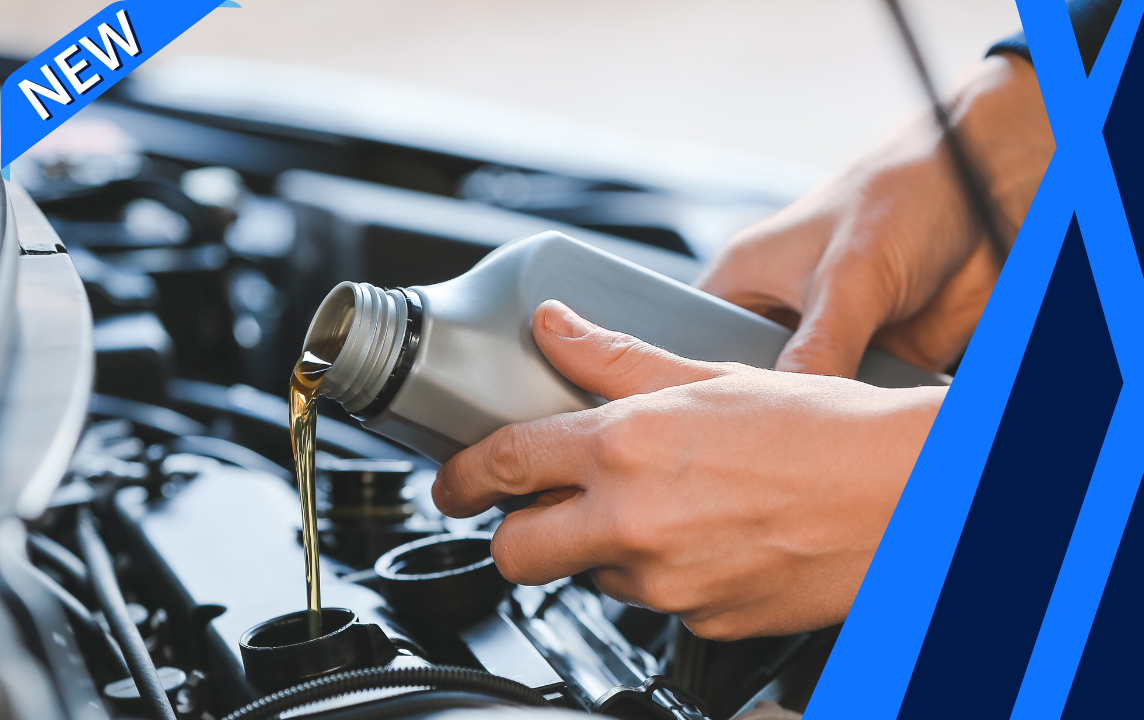Description
Car is slow to accelerate Inspection
How this system works:
The fuel system is responsible for supplying fuel to the engine. Fuel is mixed with air, atomised and vaporised in the intake system, which provides power to drive the engine’s pistons. There are various fuel system types, but most of them have the same essential parts.
The fuel tank stores the fuel. Fuel is pulled through the fuel lines by the fuel pump and is fed into the fuel injectors. Older cars have a carburettor and throttle body injectors instead of fuel injectors. The fuel injectors spray gasoline into the cylinders where it is mixed with air and then ignites during the compression stage. The result is an explosion that moves the pistons.
Common reasons for this to happen:
- Bad or Clogged Fuel Injector: Fuel injectors can become clogged due to contaminants in the fuel. By their very nature, fuel injectors must be very precise in controlling the amount of fuel into the combustion chamber, so they have tiny passages that deliver the fuel. Over time these tiny passages will become clogged, which impedes the delivery of fuel.
When an injector is clogged, it can degrade the vehicle’s performance, and the car may accelerate slowly or feel that it does not have enough power. Other symptoms include a rough idle, a hard-to-storage vehicle, and a decrease in fuel efficiency.
- Defective Fuel Pump: The fuel pump pulls the fuel from the petrol tank to the engine via the fuel lines. If the pump stops working, malfunctions, or becomes clogged, it will not supply enough fuel to the injectors. This can cause the vehicle to accelerate slowly or even sputter and stall, especially at high speeds.
- Clogged Fuel Filter: The fuel filter’s job is to filter out containments in the fuel and if it becomes clogged, it can restrict the amount of fuel that reaches the injectors. This can cause a vehicle to accelerate slowly. Fuel filters are designed to be replaced regularly.
- Dirty Airflow Sensor: This part detects the mass of air that enters the fuel injection system and hands that information off to the engines’ computer, allowing the computer to deliver the proper amount of fuel to the air. These sensors can become dirty or malfunction over time, which results in the wrong data being sent to the computer. A slow accelerating car is the result of this incorrect data. It may also trigger the Check Engine light.
- Leaking Fuel Line: A leak in the fuel line will drain off enough fuel to leave a shortage for the injectors. This not only affects the performance of the car but will also create a dangerous situation. If you smell petrol in the car’s vicinity or see a puddle of fuel underneath the vehicle, the vehicle should be inspected and repaired immediately.
- Vacuum Leak: A leak in the vacuum system can affect the ability of the car’s computer system to regulate the fuel to air ratio properly. One of the significant symptoms of a vacuum leak is a car that is slow to accelerate or feels like it lacks power. In addition, the check engine light will probably illuminate.
- Failing Catalytic Converter: A failing or clogged catalytic converter will prevent the proper amount of air from going into the engine. In most cases, the vehicle will run hotter than usual, accelerate slowly and feel like there is a loss of power. Issues with the catalytic converter tend to be reasonably expensive repairs.
What to expect:
A top-rated mobile mechanic will come to your home or office to determine the source and cause of the car is slow to accelerate issue and will then provide a detailed inspection report that includes the scope and cost of the necessary repairs.
How it’s done:
The mechanic will check your car’s fuel system for leaks and any defective parts. This includes fuel injectors, fuel pumps, fuel filters, airflow sensors and other vital components related to the vehicle’s slow acceleration. It may be necessary to test drive the car to verify the acceleration issue and provide an accurate diagnosis.
How important is this service?
A car that accelerates slowly is a dangerous vehicle to drive, especially at intersections and on-ramps. A slow accelerating vehicle should be inspected and repaired as soon as possible. Failing to fix simple fuel system problems will often lead to a more expensive repair down the road and eventually a car that may not run at all.




